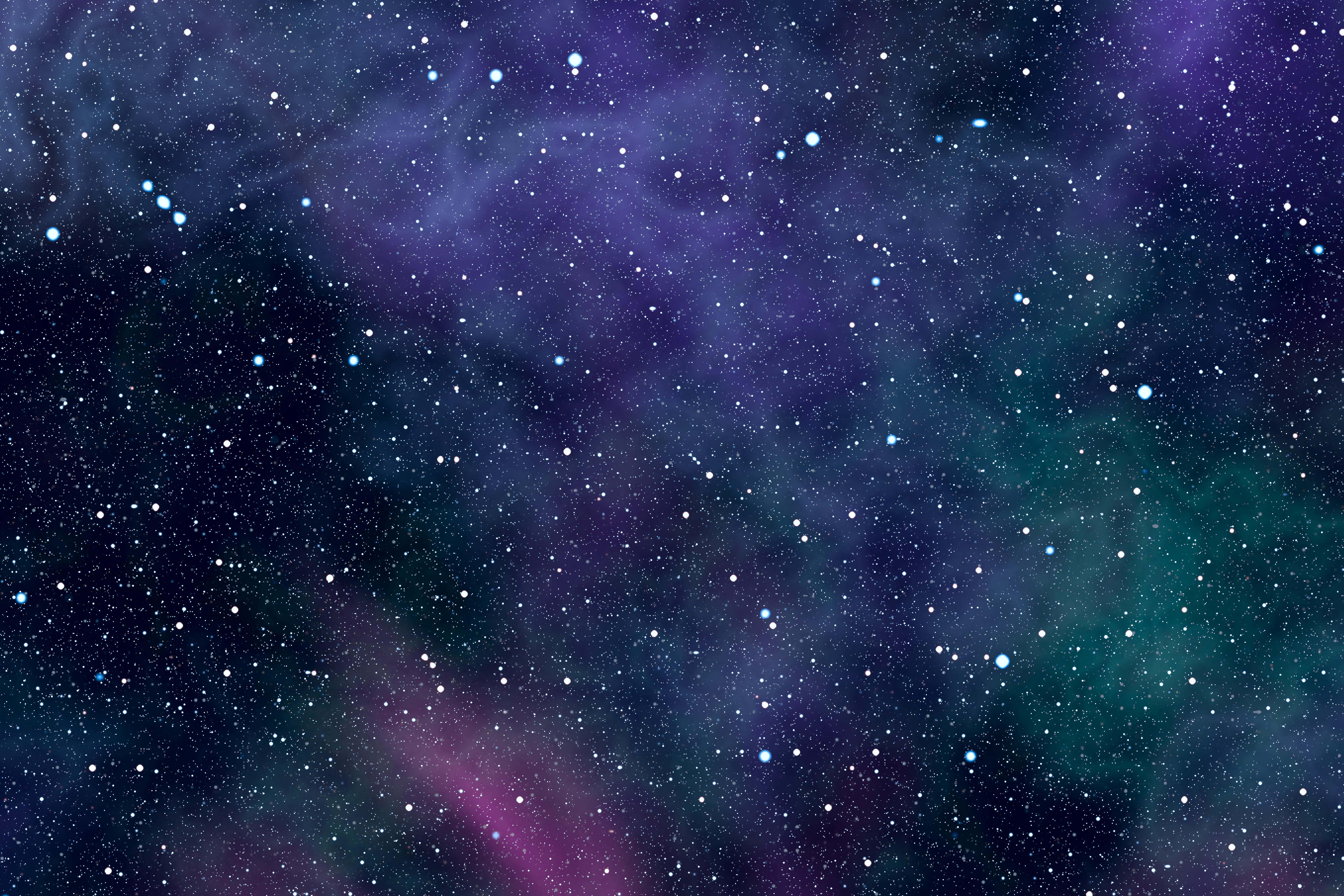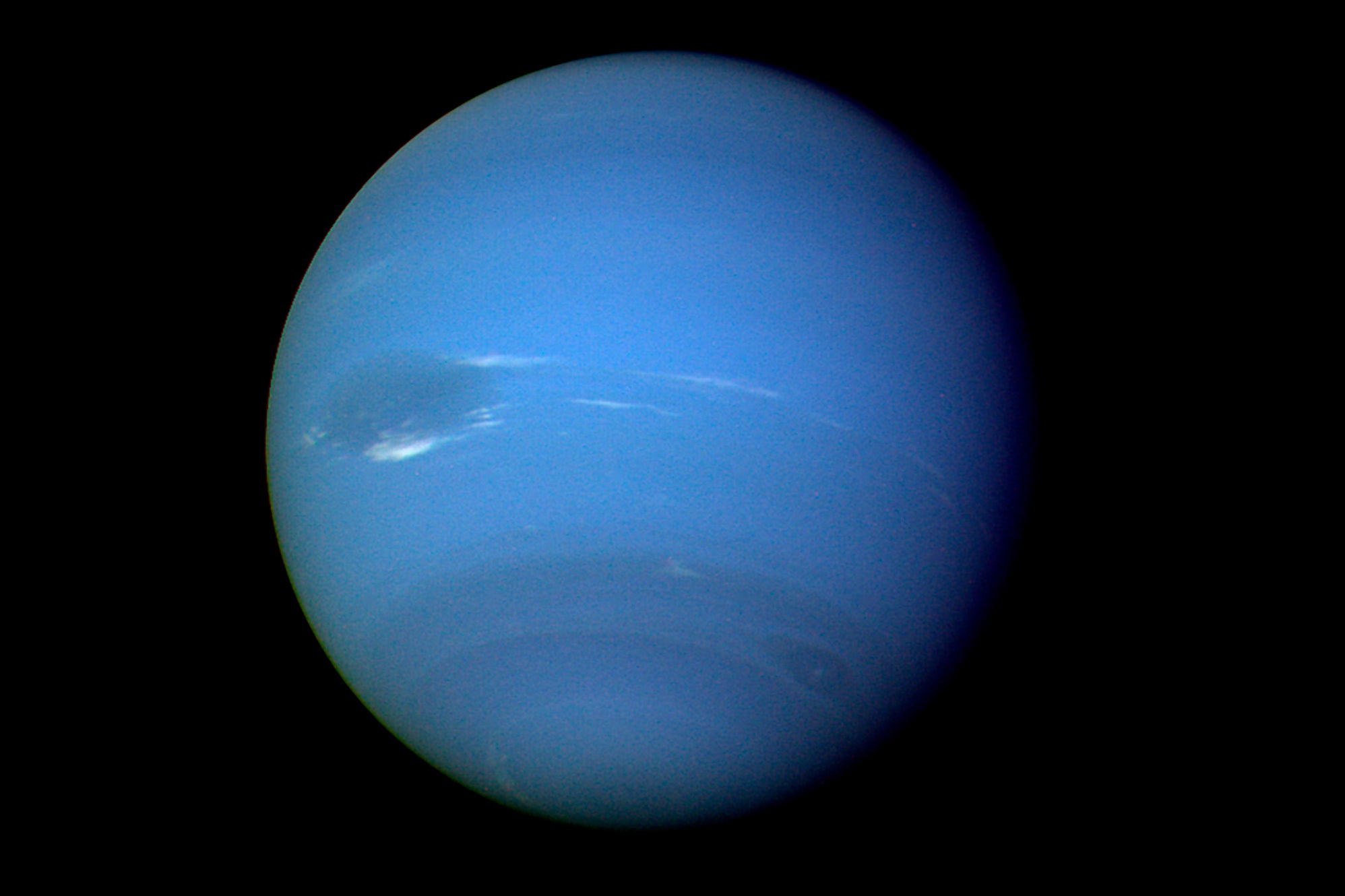Scientists invent laser that could uncover hidden planets
Researchers say the technology could also improve understanding of how the universe naturally expands

Your support helps us to tell the story
This election is still a dead heat, according to most polls. In a fight with such wafer-thin margins, we need reporters on the ground talking to the people Trump and Harris are courting. Your support allows us to keep sending journalists to the story.
The Independent is trusted by 27 million Americans from across the entire political spectrum every month. Unlike many other quality news outlets, we choose not to lock you out of our reporting and analysis with paywalls. But quality journalism must still be paid for.
Help us keep bring these critical stories to light. Your support makes all the difference.
Undiscovered planets may soon be revealed, thanks to a technological breakthrough by scientists.
Physicists based at Heriot-Watt University in Edinburgh and Cambridge University have developed a form of astrocomb – a laser system that allows astronomers to observe tiny changes in the colour of starlight, revealing hidden planets in the process.
Researchers say the technology could also improve understanding of how the universe naturally expands.
While astrocombs have been used by scientists studying the cosmos for several years, they were previously limited mainly to the green-red part of the colour spectrum.
However, the breakthrough will allow scientists to utilise the ultraviolet to blue-green part of the spectrum, which means they will be able to discover even more secrets hidden in space.
Professor Derryck Reid of Heriot-Watt said: “Astrocombs allow astronomers to make extremely sensitive wavelength measurements of the spectrum of light, potentially tens to hundreds of times better than conventional technology.
“Much like the millimetre scale on a ruler lets us measure distances precisely, an astrocomb gives astronomers a precision scale for measuring wavelength.
“Until now, astrocombs operated mainly in the green-to-red part of the spectrum of light, but the shorter-wavelength ultraviolet to blue-green region is rich in the atomic absorption features of interest to astronomers.
“Our new approach for the first time provides a continuous sequence of optical markers from the ultraviolet to the blue-green that serve as a precision wavelength scale in this part of the spectrum.”

Prof Reid’s team is developing the technology for the Extremely Large Telescope, currently under construction in Chile.
They also work with astronomers in Cambridge, Uppsala and Capetown on astrocombs for telescopes in the Canary Islands and South Africa.
Prof Reid said astrocombs operate similarly to distortion on an electric guitar.
He said: “A nice analogy is in rock music, where audio distortion is heard when the signal from an electric guitar is high, but not when it is lower.
“That distortion is simply new audio frequencies being created in the guitar amplifier: our devices do the same thing, but for light.
“Importantly, we’ve achieved a wide and continuous spectrum of ultraviolet to blue-green colours using a laser with remarkably low power, and of the same kind already in use in some astronomical telescopes.”
Dr Samantha Thompson, an astrophysics senior research associate at Cambridge, added: “This is a really exciting development that will enable us to study smaller planets on longer orbits than ever before – with the aim of discovering the first ‘Earth-like’ planet orbiting around a nearby sun-like star.”